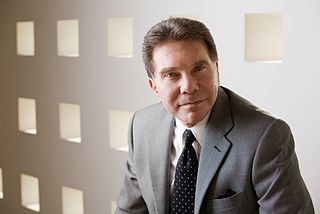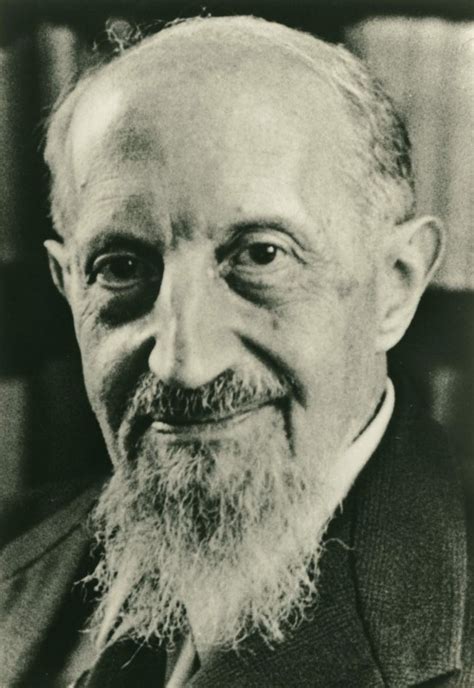A Quote by T. D. Jakes
Sometimes we esteem others more important than ourselves. We always become the martyr. It is wonderful to be self-sacrificing, but watch out for self-disdain! If we don’t apply some of the
medicine that we use on others to strengthen ourselves, our patients will be healed and we will be dying.
Related Quotes
We have the need to be accepted and to be loved by others, but we cannot accept and love ourselves. The more self-love we have, the less we will experience self-abuse. Self-abuse comes from self-rejection, and self-rejection comes from having an image of what it means to be perfect and never measuring up to that ideal. Our image of perfection is the reason we reject ourselves the way we are, and why we don't accept others the way they are.
Some might say that looking inside of ourselves for spiritual truths is egocentric and selfish, and that egolessness and selflessness lie in working for others in the world. But until we find our inner truth, our work in the world will always revolve around our 'selves'. As long as we think about the world in terms of 'self' and 'others', our actions will be selfish. Our 'self' follows us wherever we go, so positive results will be limited.
Anger is a tool for change when it challenges us to become more of an expert on the self and less of an expert on others. . . .If, however, we do not use our anger to define ourselves clearly in every important relationship we are in--and manage our feelings as they arise--no one else will assume this responsibility for us.
Stressing the practice of living purposefully as essential to fully realized self-esteem is not equivalent to measuring an individual's worth by his or her external achievements. We admire achievements-in ourselves and others-and it is natural and appropriate for us to do so. But that is not the same thing as saying that our achievements are the measure or grounds of our self-esteem. The root of our self-esteem is not our achievements but those internally generated practices that, among other things, make it possible for us to achieve.
We would willingly have others perfect, and yet we amend not our own faults. We would have others severely corrected and will not be corrected ourselves. The large liberty of others displeases us, and yet we will not have our own desires denied us. We will have others kept under by strict laws, but in no sort will ourselves be restrained. And thus it appears how seldom we weigh our neighbor in the same balance with ourselves.
Perhaps the greatest mistake we can make, which causes loss of self-respect, is making the opinions of others more important than our own opinion of ourselves. You'll find no shortage of opinions directed at you. If you allow them to undermine your self-respect, you're seeking the respect of others over your own, and you're abdicating yourself.
What is important is to realize that whether we understand fully who we are or what will happen when we die, it's our purpose to grow as human beings, to look within ourselves, to find and build upon that source of peace and understanding and strength that is our individual self. And then to reach out to others with love and acceptance and patient guidance in the hope of what we may become together.
The more isolated and disconnected we are, the more shattered and distorted our self-identity. We are not healthy when we are alone. We find ourselves when we connect to others. Without community we don't know who we are... When we live outside of healthy community, we not only lose others. We lose ourselves...Who we understand ourselves to be is dramatically affected for better or worse by those we hold closest to us.
We pledge our loyalty; we affirm our determination to be of good courage; we declare, sometimes even publicly, that come what may we will do the right thing, that we will stand for the right cause, that we will be true to ourselves and to others. Then the pressures begin to build. Sometimes these are social pressures. Sometimes they are personal appetites. Sometimes they are false ambitions. There is a weakening of the will. There is a softening of discipline. There is capitulation. And then there is remorse, self-accusation, and bitter tears of regret.
We are dominated by everything with which our self is identified. We can dominate and control everything from which we disidentify ourselves. The normal mistake we all make is to identify ourselves with some content of consciousness rather than with consciousness itself. Some people get their identity from their feelings, others from their thoughts, others from their social roles. But this identification with a part of the personality destroys the freedom which comes from the experience of the pure “I”.



































